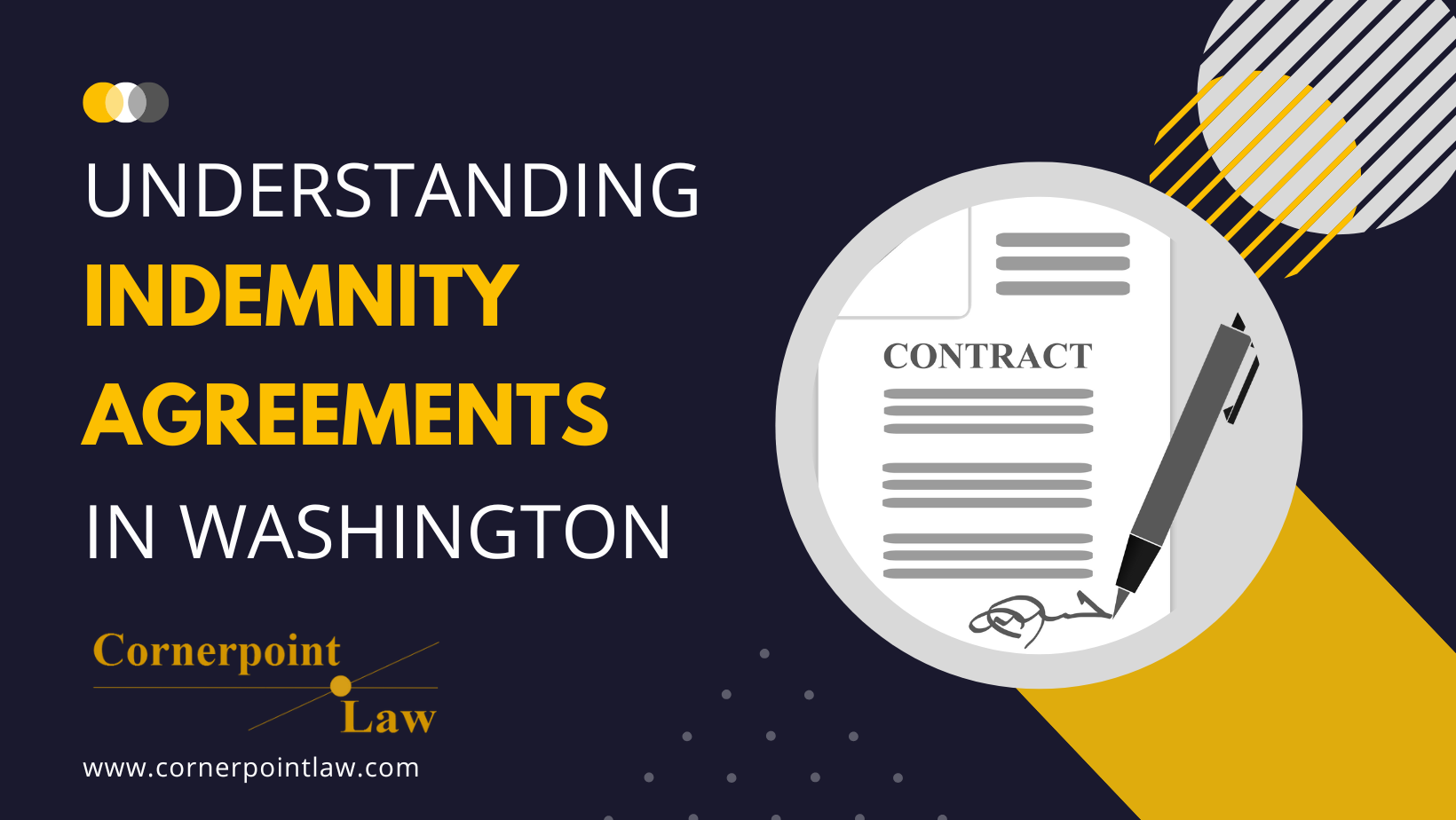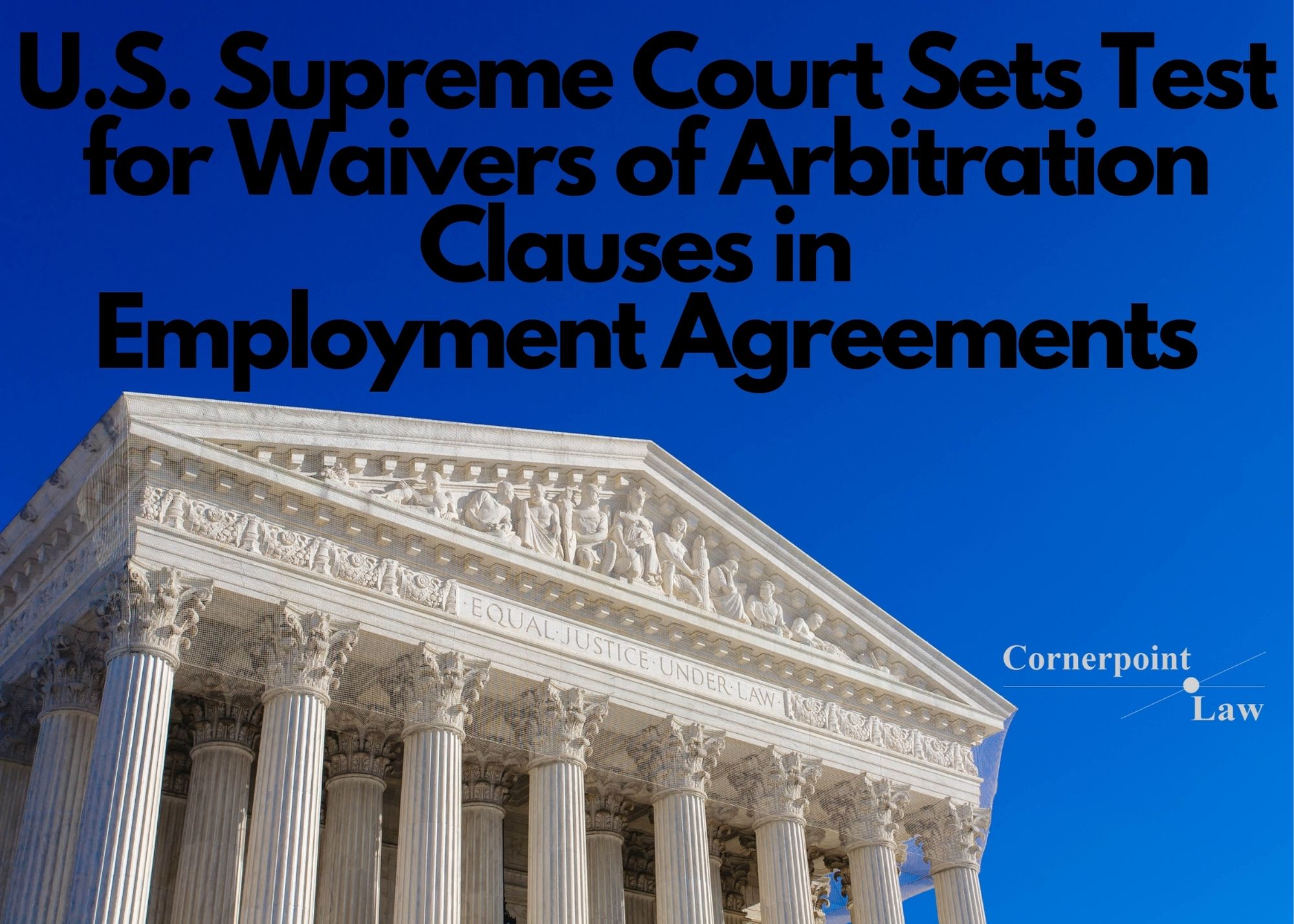Cornerpoint Case Pops: Specific Personal Jurisdiction Over an Out-of-State Manufacturer
August 11, 2017
Unauthorized use and/or duplication of blogposts without express and written permission is strictly prohibited. Excerpts and links may be used, provided that full and clear credit is given, and with appropriate and specific direction to the original content.
The author of this post can be reached by phone at 206-693-2718 or by email.
Specific Personal Jurisdiction Over an Out-of-State Manufacturer – Noll v. Am. Biltrite, Inc.
By Stacia Hofmann
Cornerpoint Case Pops are dedicated to summarizing relevant, new cases — and their business and risk management lessons — in bite-size posts.
The Case: Noll v. Am. Biltrite, Inc., Washington Supreme Court, No. 91998-4
On April 28, 2017, I posted about the Washington Product Liability Act’s provision that elevates a non-manufacturing product seller to manufacturer strict liability status when the manufacturer is beyond jurisdictional reach. On June 8, 2017, the Washington Supreme Court reiterated that for a product manufacturer to be compelled to litigate in Washington under a commonly applied legal concept called “specific personal jurisdiction,” the manufacturer must “purposefully avail” itself of the privilege of doing business in Washington.
Here’s what happened: years ago, a Wisconsin company manufactured asbestos and supplied it to a California company. The California company used the asbestos in pipes, which the California company sold in Washington and elsewhere. The Wisconsin company had never been licensed to do business in Washington; none of its officers, employees, or agents were in Washington; it never had offices or other property in Washington; and it never paid Washington taxes. The plaintiff alleged that the Wisconsin company (and others) were liable for his terminal mesothelioma.
The Washington Supreme Court held that with the facts and issues at hand, the Wisconsin company was not within jurisdictional reach of a Washington court and dismissed the Wisconsin company from the case. The Washington Supreme Court said that “[s]howing only that an out-of-state manufacturer sold a component part to another out-of-state manufacturer who then sold the finished product into Washington is not enough to confer specific personal jurisdiction in Washington.” Without more, when the unilateral act of a third party (e.g., the California company) brings a product (e.g., the asbestos) into Washington, the manufacturer (e.g., the Wisconsin company) cannot be forced to litigate in Washington.
Risk Management Lesson
Just because a product is sold in Washington, it does not automatically mean that the manufacturer of that product will be subject to Washington law. If a manufacturer is beyond the jurisdictional reach of a Washington court in a product liability action, then the non-manufacturing product seller who sold the product in Washington steps into the manufacturer’s shoes and becomes strictly liable under RCW 7.72.040(2)(a).
This is an important. Without strict liability, the non-manufacturing product seller could only be liable for product injury or harm if it acted unreasonably or improperly. However, with strict liability, the non-manufacturing product seller may be liable for an unsafe product even if it acted reasonably.
As a general statement, it is less likely that an out-of-state manufacturer will be beyond the jurisdictional reach of a Washington court if the manufacturer, rather than an out-of-state third-party, sells the product to a Washington retailer (or other non-manufacturing product seller). Therefore, I recommend that Washington product sellers manage their product liability risks by analyzing their potential liability under RCW 7.72.040, by using strong contracts, and by securing adequate insurance coverage. Email or call me to see if Cornerpoint can help.
This blog is for informational purposes only and is not guaranteed to be correct, complete, or current. The statements on this blog are not intended to be legal advice, should not be relied upon as legal advice, and do not create an attorney-client relationship. If you have a legal question, have filed or are considering filing a lawsuit, have been sued, or have been charged with a crime, you should consult an attorney. Furthermore, statements within original blogpost articles constitute Stacia Hofmann’s opinion, and should not be construed as the opinion of any other person. Judges and other attorneys may disagree with her opinion, and laws change frequently. Neither Stacia Hofmann nor Cornerpoint Law is responsible for the content of any comments posted by visitors. Responsibility for the content of comments belongs to the commenter alone.




